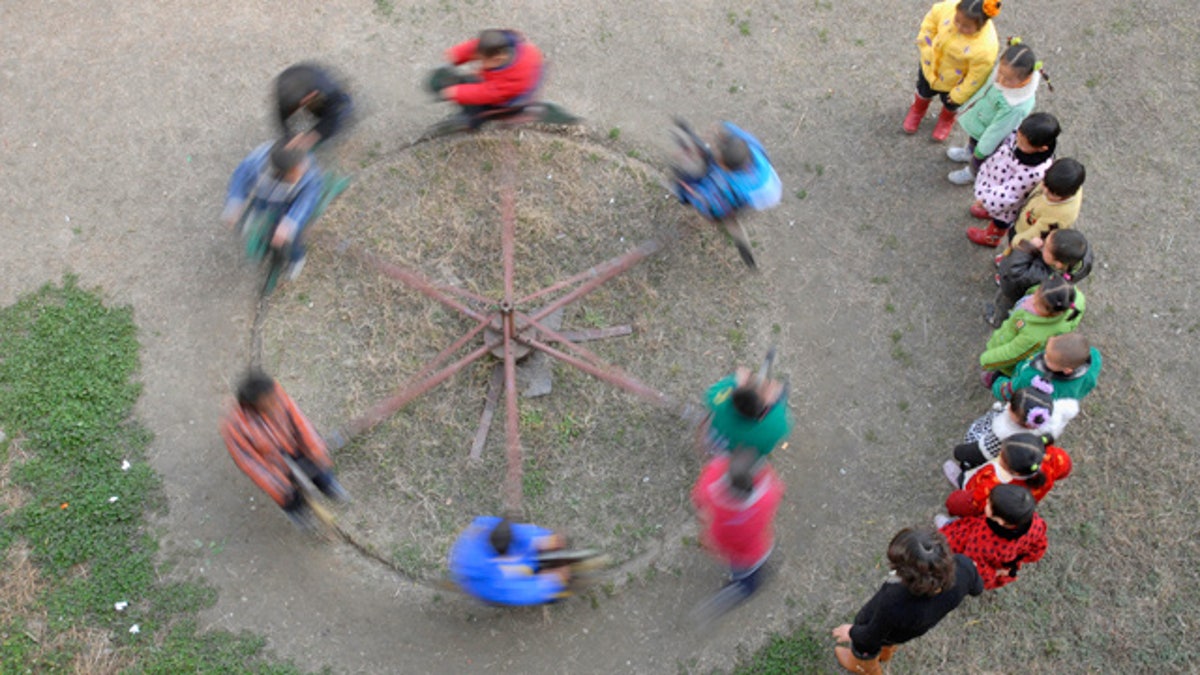
(Reuters)
Transgender kids who transform their appearance to match their gender identity rather than their sex assigned at birth may not necessarily experience mental health problems more often than other children, a small U.S. study suggests.
Compared with their gender-conforming peers, these transgender children were no more likely to have depression and only slightly more prone to anxiety symptoms.
"This finding is quite surprising given that, to date, nearly all studies of young gender diverse kids show that they have much higher rates of depression and anxiety than other children," said lead study author Kristina Olson, director of the TransYouth Project at the University of Washington.
"In contrast, these children are looking remarkably typical," Olson added by email.
The study results are significant because a growing number of parents are letting transgender children make what's known as a social transition, allowing them to change things like their clothes and hair to match their gender identity, researchers note in the journal Pediatrics.
To explore the connection between social transitioning and mental health, Olson and colleagues studied 73 transgender children ages 3 to 12, plus 49 of their siblings and a control group of 73 non-transgender kids who were similar in age and gender identity.
On average, the transgender kids in the study were about 8 years old. None had gone though puberty or taken hormones to delay the onset of puberty.
They all lived openly as the sex matching their gender identity in their day-to-day life.
Researchers asked the children's parents to complete mental health evaluation forms detailing symptoms of depression and anxiety exhibited by the kids.
On a scale of 0 to 100, with a score of 50 representing the national average, the transgender kids in the study had average depression scores of about 50, compared with 48 for the control group and 49 for their siblings - differences that weren't statistically meaningful.
For anxiety symptoms, the transgender kids had average scores of about 54, compared with 51 for the control group and 52 for their siblings. This difference was statistically meaningful, but the scores were still below the range in which doctors typically diagnose anxiety or recommend treatment for the condition.
In addition, researchers found the scores for so-called internalizing symptoms like depression and anxiety for these transgender children were much lower than results from previous studies.
Transgender kids in the current study had average internalizing scores of about 52, too low to be considered at risk or in need of treatment. In two earlier studies, transgender children had average scores of 61 and 64, high enough that they might need monitoring or treatment.
The study is small and can't prove that social transitioning improves mental health outcomes for transgender children, the authors note. It's also possible that family support of the transition influenced the results, and that transgender children from less accepting families might have higher levels of depression and anxiety.
"I have been seeing more and more kids who are absolutely thriving and happy, especially as communities and families become more aware of the importance of accepting and supporting these kids as they are," said Dr. Illana Sherer, author of an accompanying editorial and founding member of the Child and Adolescent Gender Center at the University of California, San Francisco.
For these children to thrive, however, parents need to allow kids to socially transition at school and everywhere else they go, Sherer added by email.
"I don't think the outcomes would be as positive if kids only socially transitioned at home," Sherer said.
Social transitioning may still be a gradual process that starts at home and gradually expands to school and other public places, said Dr. Aron Janssen, clinical director of the Gender and Sexuality Service at the New York University Child Study Center.
"The goal is for the children to be able to live without secrecy and affirmed in their identity, regardless of the environment," Janssen, who wasn't involved in the study, said by email. "When children aren't allowed to socially transition, especially at home, we would expect a negative impact on mental health."
